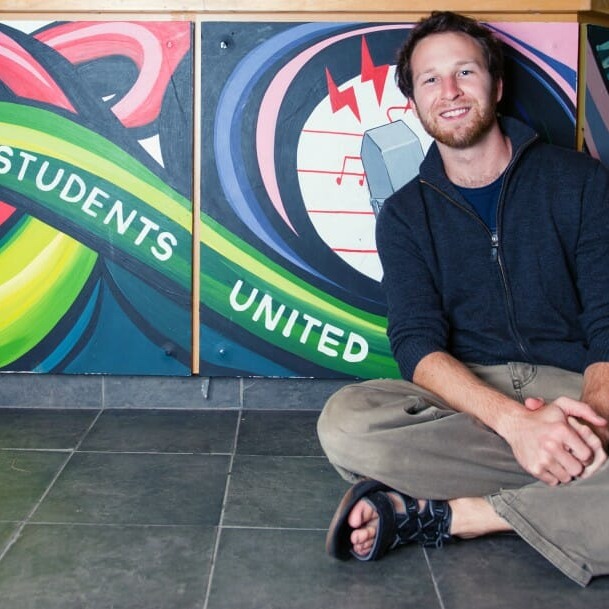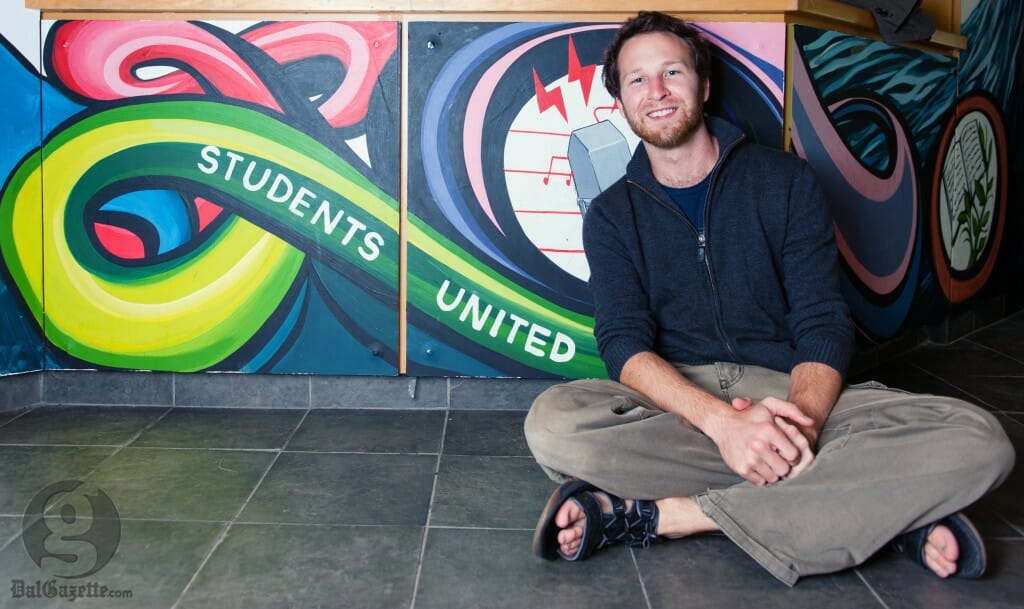
Students of the faculty of agriculture, which was the Nova Scotia Agricultural College (NSAC) until it merged with Dalhousie last spring, are now newly-minted constituents of the Dal Student Union (DSU).
The two schools merged at the advice of the government-commissioned O’Neill Report, which suggested the approach as a cost-cutting measure. Since then, the campus in Truro has been integrating its student government into Dal’s.
When Dal created a seventh student seat on Senate specifically for a faculty of agriculture representative, the Senate would only recognize one official student union. Over the summer, reps from the Truro campus worked with the Dal Student Union (DSU) to hammer out administrative changes.
Jamie Arron, president of the DSU, says that collaborating with the NSAC student union was an opportunity, not a challenge.
“Our approach is to give them as much autonomy as possible,” says Arron. “We don’t want to be involved in their day to day operations.”
“It’s more about social connection and working together for student reform.”
The NSAC student union was never incorporated, making the legalities of merging the two unions much simpler.
Faculty of agriculture students are now recognized as a ‘student association,’ allowing them a seat on senate and lobbying opportunities while recognizing their autonomy over the Truro campus.
“We do a lot more than a society,” said president of Dalhousie Agricultural Students’ Association Paul Manning. “We run our own bar, we have all of our own big events, we do our own orientation. We’re bigger in scale and we’re so far away that we just thought that we didn’t want to go as society because we wanted to imply something bigger.”
The Technical University of Nova Scotia, now known as Sexton campus, also amalgamated with Dalhousie in 1985. Since merging with the DSU the engineering society has conceded some autonomy, but stayed unique in other ways.
“Overall I’d say the current DSU executive is very understanding of us being ‘different’, which means we get to do our own thing while also being a part of the greater Dal community,” said Elizabeth Croteau, president of the engineering society, “and I’m glad to know someone has my back if I need the help rather than having sole liability”
Students on the Truro campus won’t pay into the DSU’s health plan until theirs expires in 2014, nor will they pay for Halifax-campus related expenses, says Arron.
Instead, the focus has been involving the two campuses socially. About 200 Truro students bussed to this year’s Dalfest, and Dal students are encouraged to attend ‘College Royale,’ a traditional event hosted by the agriculture college that highlights students’ work with animal training.
Manning says he hopes that the two campuses can become closer in years to come.
“We host some unique events at the college and we’re hoping that Dal students will come up and see what we’re about. We had a great time at Dalfest,” he says. “It was a real hoot. More events like that would be great.”
But as with any change in administration, there have been challenges. Manning says that balancing usual commitments on top of the new demands can be difficult.
“It’s a change. Everyone’s been great to help us through things but it’s never easy to adjust,” he says. “But it’s nothing that we can’t work around.”







